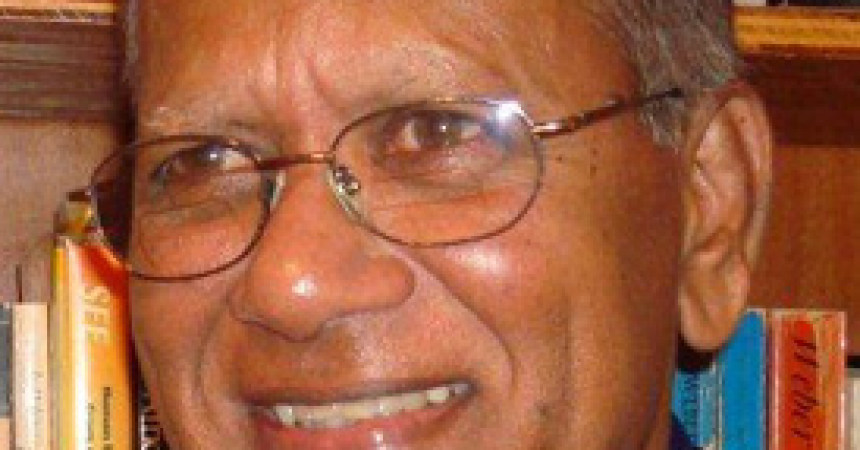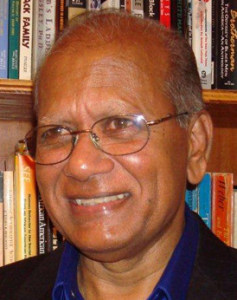
Presidential profile adequate, not enough for FAMU
By Narayan Persaud
Special to the Outlook
In their efforts to select the next university president, members of the FAMU Board of Trustees authorized contractually the development of a presidential profile to guide them in their search and deliberations. While a profile is likely to capture requisite characteristics in a university president, these, taken alone, will not disclose essential underlying leadership and management talents and skills – or lack thereof – essential to move FAMU forward.
For FAMU to compete and advance within and outside the State University system, trustees would find it worthwhile to concentrate on selecting a creative, bold, energetic, consensus building educator and administrator as president. This necessitates selecting someone who is an astute manager and leader.
Besides possessing good managerial qualities, FAMU would best be served by the appointment of a committed servant-leader president, someone passionate about advancing the institution rather than himself/herself. In general, this necessitates a leader who is inclusive, with requisite inter-personal and communication skills to mobilize and galvanize the support of all sectors of the university, from stakeholders to lay-supporters, including policy makers.
FAMU is not likely to advance under a leader bent on cultivating a cadre of loyalist administrators who lack the capabilities to maximally contribute to the institution’s progress, or dedicated to preserving the status quo. Neither would the institution benefit from someone afraid to make personnel changes while delegating and holding administrators accountable. Nor would FAMU advance through the promotion of administrative practices of protectionism and a culture of educational inertia.
Ever since the departure of Fred Humphries, FAMU has experienced administrative instability, in addition to the erosion of academic prowess in some of its’ nationally recognized and ranked programs. Besides coming in direct competition with other institutions for its once traditional base of underserved and minority students, FAMU finds itself with an annually shifting operational budget, based on its roller coaster performance in satisfying funding standards.
Some have pointed to the decline in student enrollment, coupled with unstable progression and graduation rates as causes for funding instability. In addition, others note the lack or absence of administrative initiatives and foresight in accommodating to the constantly changing academic technology and pedagogy, as well as the paucity of individualized and student centered learning as reasons for unstable performance based funding.
Whatever the reasons for FAMU’s administrative and funding instability, it is necessary for trustees to heed the current state of the institution, and seriously evaluate the requisite skills and expertise crucial in a leader. To rely solely on finding someone who on the surface satisfies the profile developed out of cursory conversations with stakeholders would be a disservice to the institution.
Neither would a rudimentary understanding of FAMU’s mission, history, academic performance, institutional culture, and status within the SUS and the State be adequate in selecting a dynamic leader committed to advancing the university.
Given the seriousness in selecting FAMU’s next president, it would be best to undertake an honest, conscientious and informed search free of personal, political or quasi-political influences.
Narayan Persaud is professor emeritus and former trustee of FAMU







